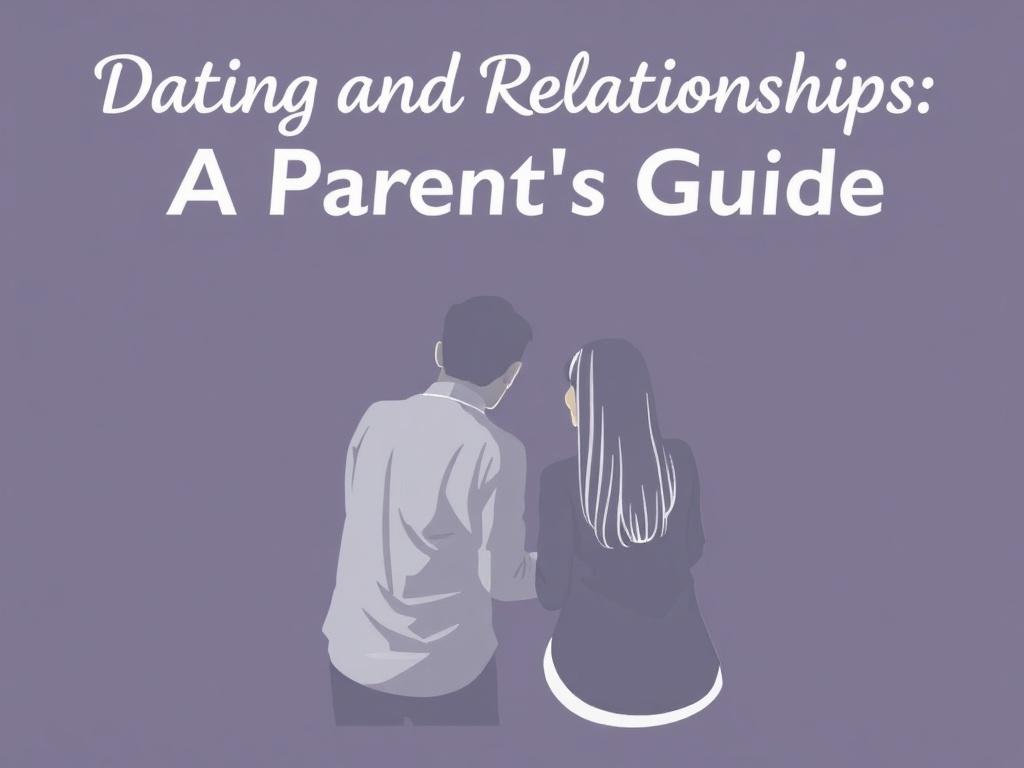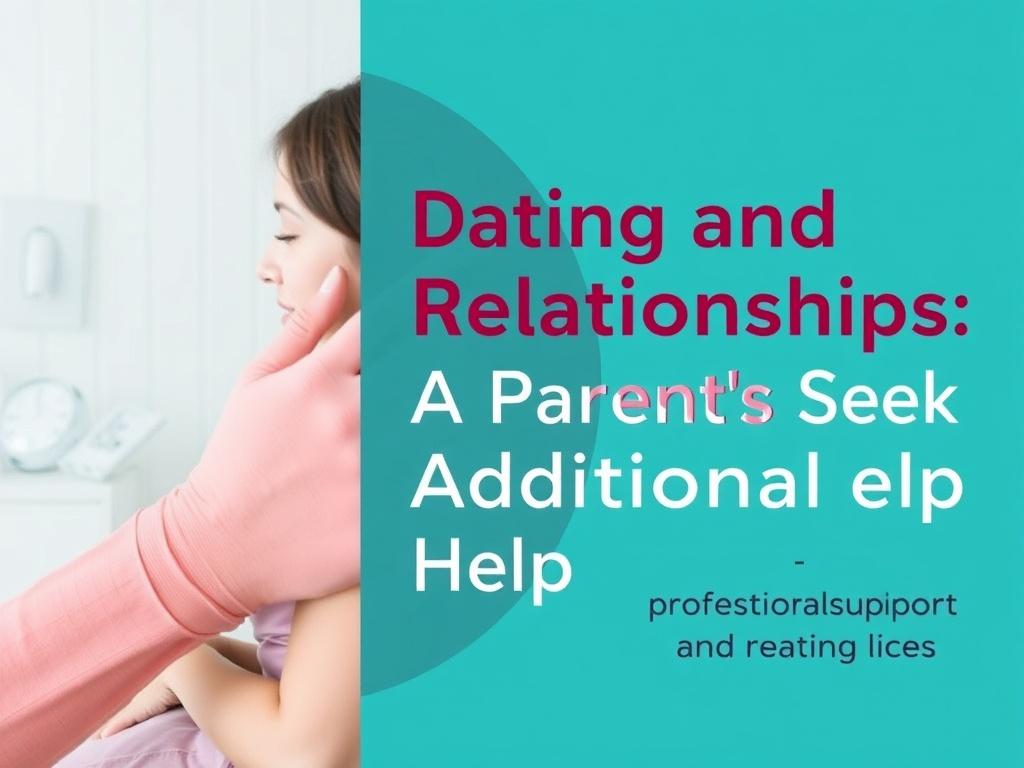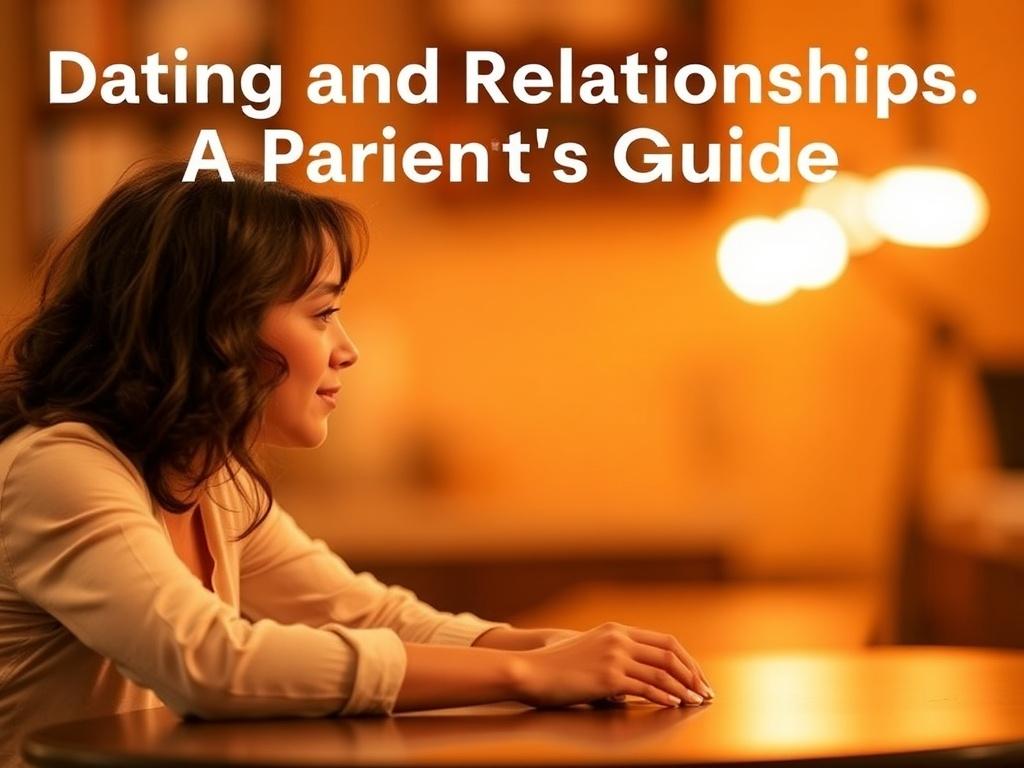SQLITE NOT INSTALLED
As a parent, the world of dating and relationships can often seem like an uncharted territory, filled with excitement, challenges, uncertainties, and countless questions. How do you guide your child through this important phase of life? What should you talk about? When is the right time? How do you stay involved without overstepping boundaries? In this comprehensive guide, we aim to shed light on the parenting role in dating and relationships, providing you thoughtful advice, practical tips, and insights into building open communication that supports your child’s emotional health and growth.
Understanding the Importance of Dating and Relationships in Your Child’s Life
Dating and relationships represent a critical aspect of growing up. They help young people explore their identity, learn how to communicate intimately and respectfully, and develop a sense of empathy and emotional intelligence. As parents, understanding why dating matters can help you approach the topic with sensitivity and openness.
Remember, your child’s experiences with relationships — both positive and negative — contribute significantly to their social development. Recognizing this can empower you to become a supportive guide rather than a strict enforcer.
The Role of Dating in Adolescence and Young Adulthood
During adolescence and young adulthood, dating becomes a way for individuals to practice social skills and understand their preferences and boundaries. It’s an opportunity to build self-confidence and navigate the feelings of attraction, affection, and sometimes heartbreak. This isn’t just “puppy love” — it’s crucial emotional work that lays the foundation for future, more mature relationships.
Here’s a table summarizing the emotional benefits of dating at different ages:
| Age Range | Emotional Benefits of Dating |
|---|---|
| Early Teens (13-15) | Learning about attraction, social interaction, basic communication skills |
| Mid Teens (16-18) | Exploration of deeper feelings, building trust, understanding consent |
| Young Adults (18+) | Developing emotional intimacy, long-term commitment considerations |
Starting the Conversation: How to Talk About Dating and Relationships with Your Child
One of the greatest challenges parents face is knowing how and when to start discussions about dating and relationships. If approached correctly, these conversations can pave the way for lasting trust and openness.
Be Comfortable and Open
It’s normal to feel apprehensive about discussing dating, but your attitude sets the tone. Show genuine interest without judgment. This makes your child feel safe sharing their thoughts, feelings, and experiences with you.
Choose the Right Moment
Don’t wait for a “momentous” date to bring it up; instead, find casual opportunities. For example, car rides, walks, or routine dinners can be excellent low-pressure times for natural dialogue.
Use “I” Statements
Using “I” statements helps keep conversations non-confrontational. Instead of saying, “You can’t date that person,” try, “I want to understand your feelings about your relationship because I care about your well-being.”
Sample Conversation Starters:
- “Who do you enjoy spending time with these days?”
- “What qualities do you look for in a friend or someone special?”
- “How do you know when you really like someone?”
Setting Boundaries and Expectations: Striking a Balance
Parents understandably want to protect their children from harm, but setting overly strict dating rules can backfire. Finding a healthy balance requires clear boundaries combined with respect for your child’s growing independence.
What Boundaries Can Look Like
Boundaries should include guidelines about:
- Curfew times to ensure safety
- Permission or notification about who is visiting or where they’ll be
- Respectful behavior in relationships — emphasizing no tolerance for abuse or disrespect
- Discussion about alcohol, drug use, and safe sex practices
Collaborate with Your Child
Including your child in setting expectations helps them feel respected and more likely to comply. Try to develop rules together rather than imposing them unilaterally.
Sample Family Dating Agreement
| Rule | Expectation |
|---|---|
| Curfew | Weekdays: 9 PM; Weekends: 11 PM |
| Guest Visits | Inform parents at least 30 minutes before a guest arrives |
| Communication | Check in if plans change |
| Respect | No verbal or physical disrespect tolerated |
| Substance Use | Strictly no alcohol or drugs on dates |
Recognizing and Handling Challenges in Your Child’s Dating Life

No relationship is perfect, and dating often comes with ups and downs. Understanding common challenges can prepare you to better support your child when issues emerge.
Jealousy and Peer Pressure
Jealousy is a natural emotion but can become problematic if it leads to controlling behavior or arguments. Social pressure — including expectations about dating frequency or sexual activity — can also be overwhelming for teens and young adults.
Encourage your child to talk through these feelings openly, helping them recognize unhealthy patterns and build confidence to make independent decisions.
Handling Breakups
Breakups are painful experiences that provide important lessons about resilience and self-worth. Be there for your child as a non-judgmental listener, offering comfort and reassurance. Avoid dismissing their feelings by saying things like, “It’s not a big deal,” but instead acknowledge their emotions.
Addressing Dating Violence and Red Flags
One of the most critical topics is teaching your child about refusal skills, warning signs of abuse, and where to seek help. Signs of a toxic or abusive relationship include excessive jealousy, threats, controlling behavior, isolation from friends and family, and physical violence.
Ensure your child knows that their safety and well-being come first, and that they can always come to you without fear or embarrassment.
Helping Your Child Develop Healthy Relationship Skills
Healthy relationships are built on trust, communication, respect, and the ability to solve conflicts maturely. As a parent, you have a unique opportunity to model and teach these skills.
Model Positive Relationships
Children learn by observing. Demonstrate kindness, empathy, and respect in your own relationships — whether with your partner, friends, or coworkers. Let them see how you handle disagreements constructively.
Teach Communication Skills
Encourage your child to express their feelings honestly and listen actively to their partner. Role-playing common scenarios can be a fun and engaging way to practice “I feel” statements and negotiation skills.
Conflict Resolution Tips You Can Share
- Stay calm instead of yelling or blaming
- Focus on the problem, not the person
- Find compromises that work for both partners
- Take breaks if emotions get too high and revisit the discussion later
Balancing Privacy and Parental Involvement
Finding the right balance between respecting your child’s privacy and staying involved in their dating life is arguably one of the most delicate issues for parents.
Respect Confidentiality
Trust that your child will share important information in their own time. Avoid prying or interrogating, which can lead to resistance or dishonesty.
Stay Available and Approachable
Make it clear that you are there whenever they need advice or support without forcing them to disclose everything. Your openness can encourage voluntary discussions.
Talking about Sexuality, Consent, and Safe Dating
Discussing sexual health, consent, and safety is essential for fostering responsible dating behavior. These conversations are uncomfortable for many parents but necessary.
Start Early and Build Over Time
Sexuality education shouldn’t be a one-time talk; it should evolve as your child matures. Age-appropriate discussions help demystify the topic and encourage healthy attitudes.
Teach the Importance of Consent
Help your child understand that consent means mutual agreement, enthusiasm, and respect. It is never okay to pressure or coerce a partner into anything they’re uncomfortable with. Consent is ongoing and can be revoked at any point.
Promote Safe Dating Practices
- Discuss the use of protection and methods to prevent sexually transmitted infections (STIs)
- Encourage them to meet new dates in public places at first
- Ensure they have a plan for getting home safely
- Discuss the risks of alcohol and drugs on judgment
When to Seek Additional Help: Professional Support and Resources

Sometimes, challenges in your child’s dating and relationship life may require outside support. Don’t hesitate to reach out to professionals when needed.
Signs That Professional Help May Be Needed
- Signs of depression, anxiety, or extreme distress related to relationships
- Experiencing abuse or violence in a relationship
- Difficulties with boundaries or risky behaviors
- Communication breakdown in the family around dating topics
Available Resources
| Resource | Description | How to Access |
|---|---|---|
| School Counselors | Offer guidance on social and emotional issues, including dating concerns | Contact the school directly |
| Therapists and Counselors | Provide individualized emotional support and skills development | Find via healthcare providers or online directories |
| Hotlines (e.g., National Domestic Violence Hotline) | Offer 24/7 confidential advice and emergency support | Call or chat online at respective websites |
Conclusion: Embracing Your Role as a Parent in Your Child’s Dating Life

Dating and relationships are fundamental parts of your child’s growth and personal journey. Your role as a parent is not to control or dictate but to guide, support, and nurture a safe environment where your child can learn, make mistakes, grow stronger, and form healthy connections.
By understanding the emotional significance of dating, communicating openly, setting thoughtful boundaries, and knowing when to seek extra help, you can transform what may feel like a daunting topic into an opportunity for connection and trust.
Remember, your involvement — balanced with respect and empathy — lays the groundwork for your child’s future happiness, resilience, and ability to form meaningful relationships.
Thank you for being proactive and engaged in this crucial aspect of parenting. The journey may have bumps, but the rewards are immeasurable.
